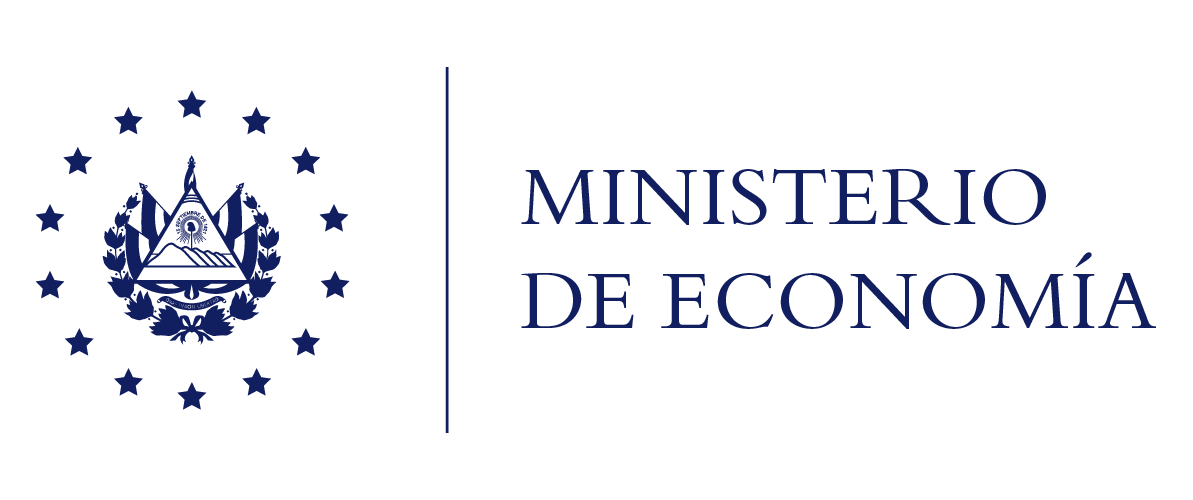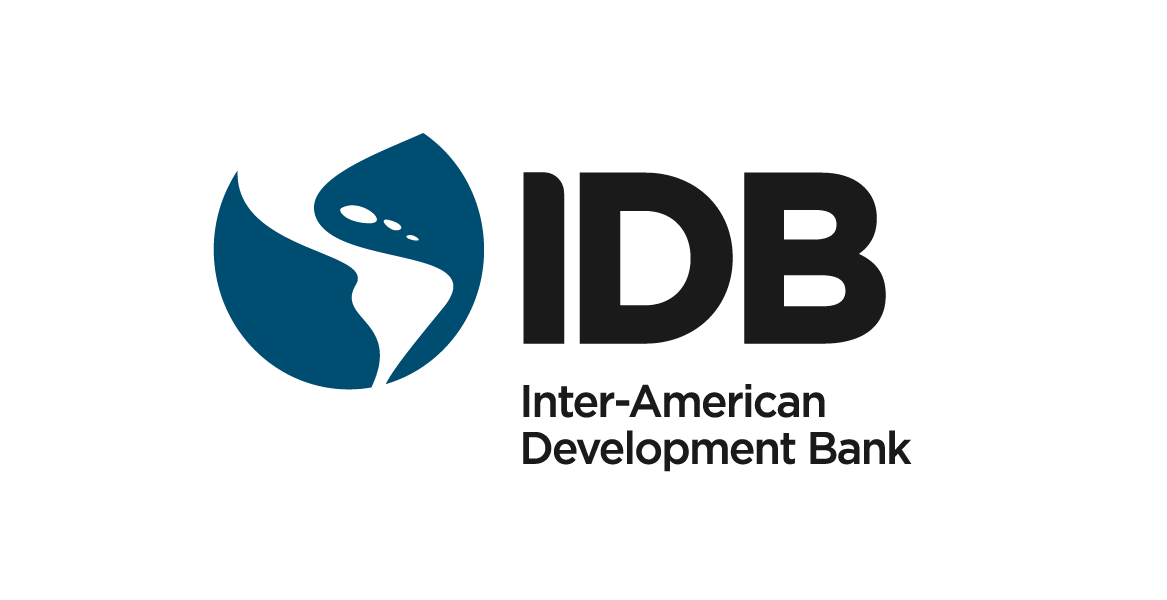Can an Online Job Training Program Increase Digital Skills and Employment Outcomes for Young People in El Salvador?

Researchers partnered with IPA, the Inter-American Development Bank, Wisar.pro, and the Ministry of Economy of El Salvador to conduct a randomized evaluation to measure the impact of entrepreneurial skills training on online freelancing outcomes for young people. IPA was in charge of the follow-up phone survey data collection activities. Despite low completion rates, the training increased participants' probability of signing at least one contract by 54 percent. However, one year later, participants averaged only 1.4 job offers and 0.8 contracts, with freelancing contributing less than four percent to their monthly income.
The Challenge
As of 2021, remote work platforms had grown fivefold since 2011, leading to significant self-employment opportunities for populations traditionally excluded from the labor market, such as young people.1 In El Salvador, young people aged 16 to 29 face low labor market participation and a 13.4 percent unemployment rate—three times higher than that of adults aged 25 to 59. In addition, 26.4 percent of youth are not in education, employment, or training, a figure that exceeds the regional average.2 To boost the country’s digital economy—and by extension increase work opportunities for young people—the government launched the National Digital Agenda 2020-2030. However, evidence suggests that one of the key barriers to digital transformation in the country is an insufficient supply of individuals with adequate digital skills.3
The Intervention
To address this gap, researchers partnered with IPA, the Inter-American Development Bank, Wisar.pro, and the Ministry of Economy of El Salvador to conduct a randomized evaluation measuring the impact of entrepreneurial skills training on online freelancing outcomes for young people. The program, called E-Lancers, offered an intensive 12-week online training program designed to orientate potential online freelancers to the tasks required to engage with online marketplaces and successfully work as a freelancer (such as online profile creation, proposal writing, project management, client interviews, and English language skills. Trained tutors accompanied the participants throughout the program. A total of 711 eligible applicants to the E-Lancers program were randomly assigned to either receive the training or not receive training and serve as a comparison group.
Results
The training program boosted participants’ initial success in online freelancing but failed to lead to sustained success. Trainees were more likely to create an online freelancing profile, send proposals, and attract interest from at least one client. This increased their probability of signing at least one online freelancing contract by 54 percent relative to the comparison group. However, one year after the training, participants had received an average of just 1.4 online job offers and signed 0.8 contracts, with freelancing providing less than four percent of their monthly income.
Poor client ratings on the platforms may help explain the lack of sustained effects. Participants received an average rating of 2.99 out of 5 on their first jobs—well below the average platform rating for online freelancers of 4.7 to 4.9, reducing their chances of securing additional work.
Program completion rates were low despite the provision of personalized tutoring, with 39 percent finishing the theoretical phase, and only 16 percent completing the entire program, including the English course. Participants reported time constraints and internet availability issues as key barriers. Those who completed the theoretical and the full program increased their probability of being contacted by a client and signing a contract.
Policy implications
Overall, the study shows that the training increased engagement with online freelancing platforms but failed to improve employment or income. Low completion rates highlight a key program weakness. Future interventions should combine entrepreneurial, technical, and language training while addressing barriers to completion to better prepare young people for online freelancing success.
Read the paper here.
Sources
1 ILO Press Release, “Rapid growth of digital economy calls for coherent policy response,” United Nations International Labor Organization, February 23, 2021, https://www.ilo.org/global/about-the-ilo/newsroom/news/WCMS_771909/lang--en/index.htm
2 OECD. Multi-dimensional Review of El Salvador, (Paris: 2023, OECD), https://www.oecd-ilibrary.org/development/multi-dimensional-review-of-el-salvador_2f3d5e1f-en
3 World Bank. Digital Economy for Latin America and the Caribbean: Country Diagnostic-El Salvador. World Bank, 2022.
Implementing Partners


Funding Partner













